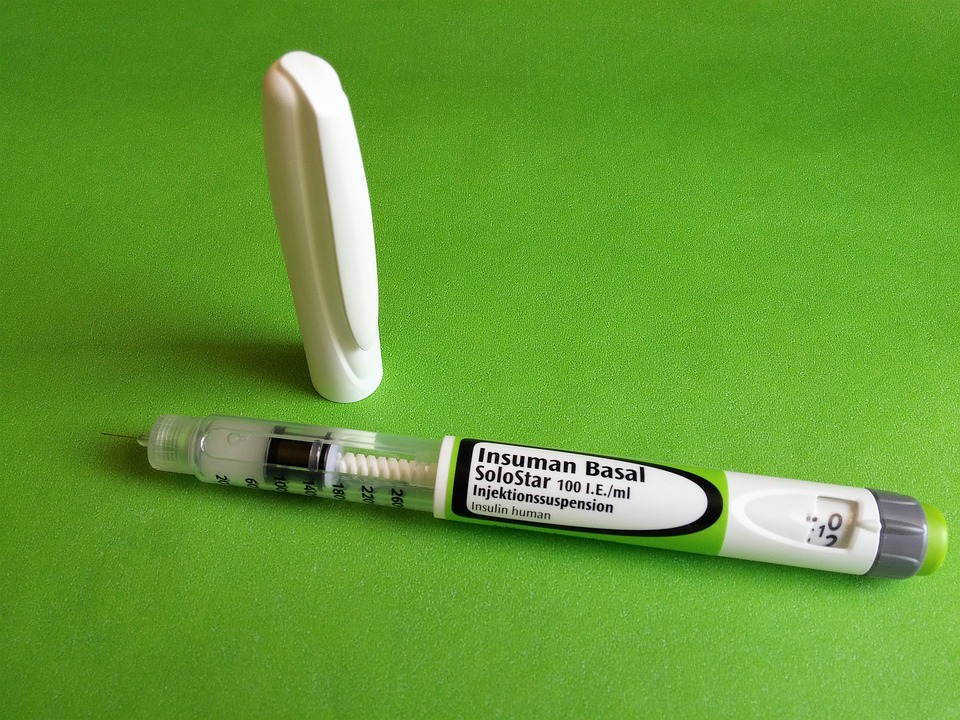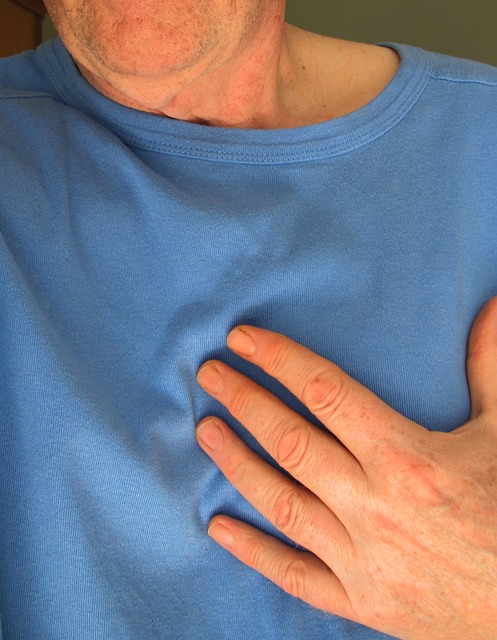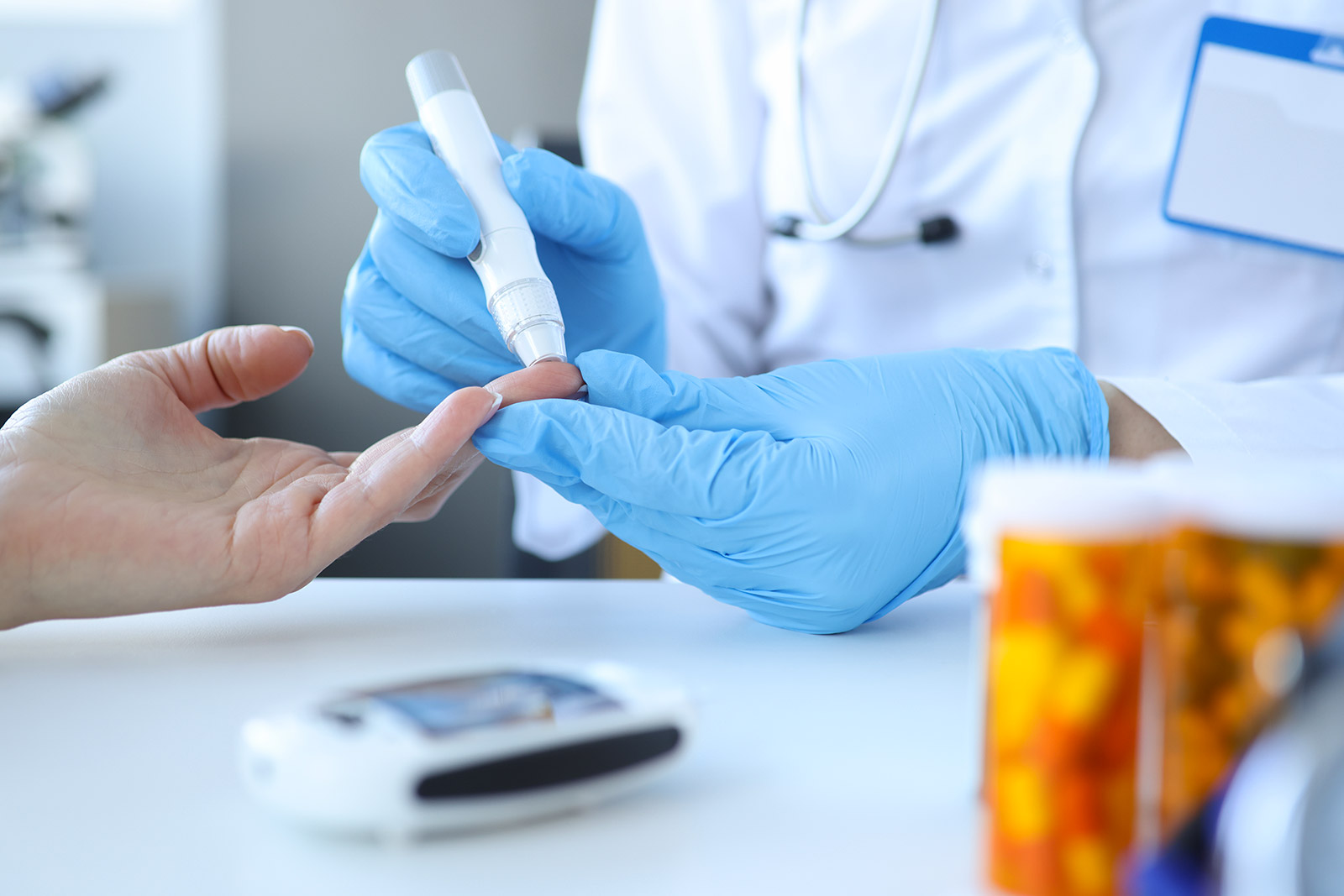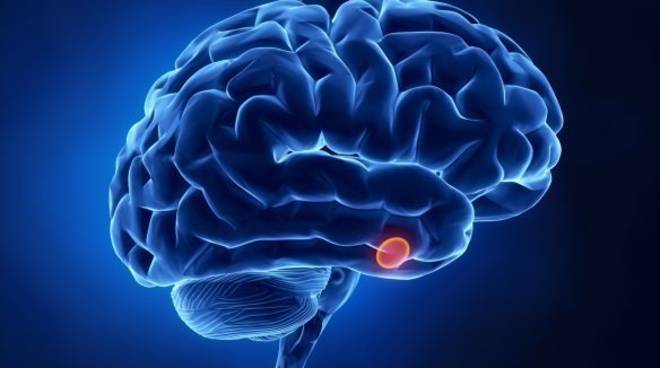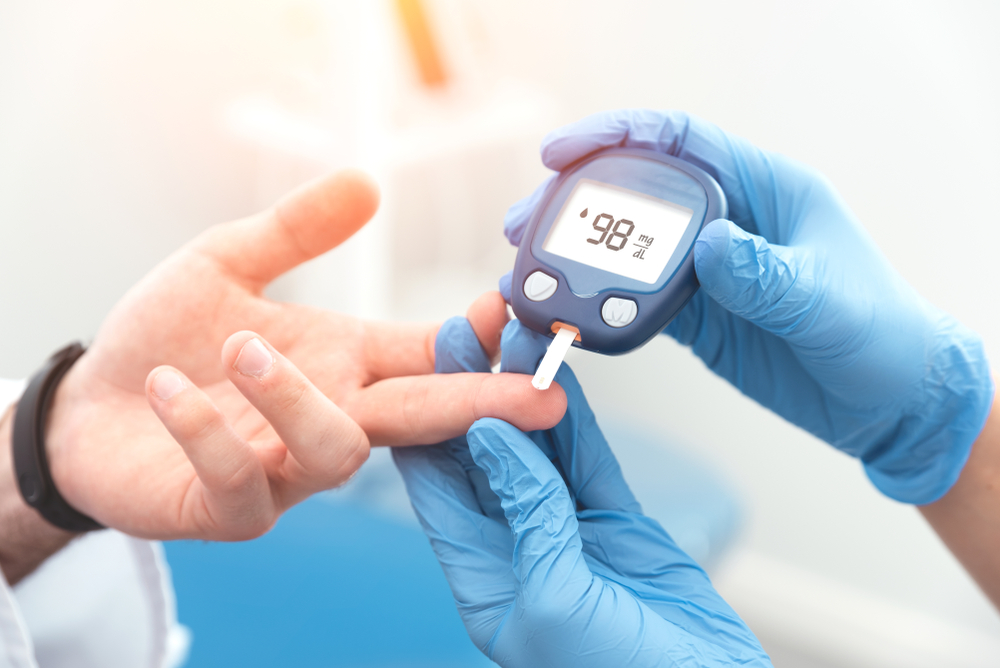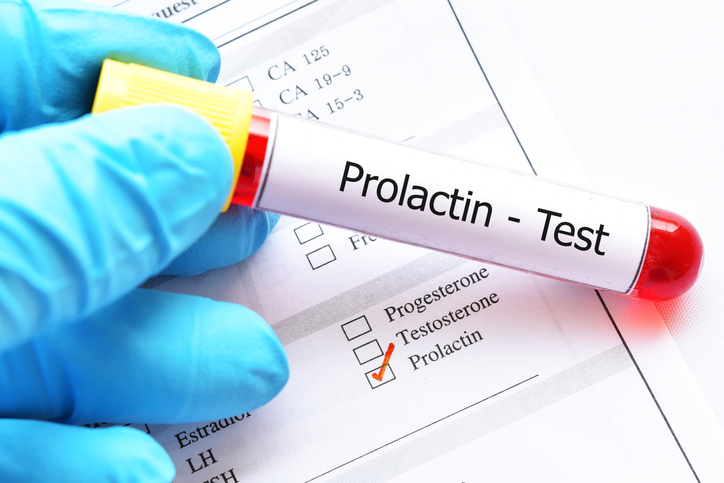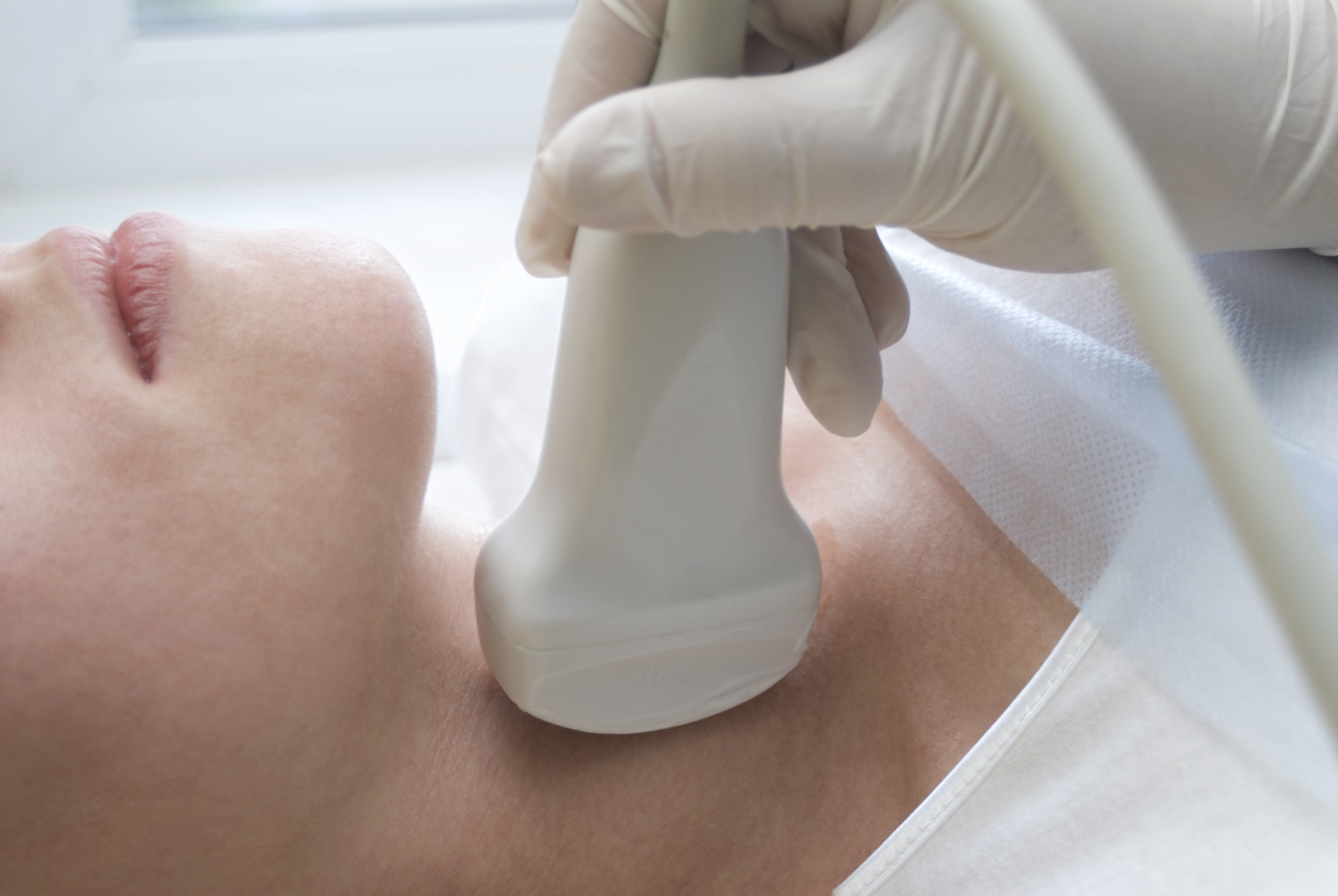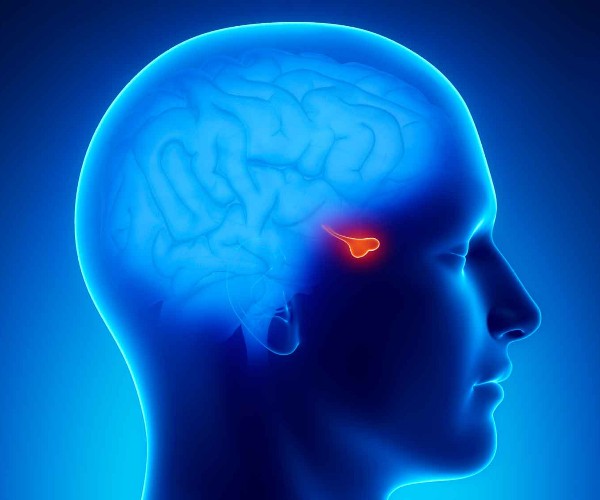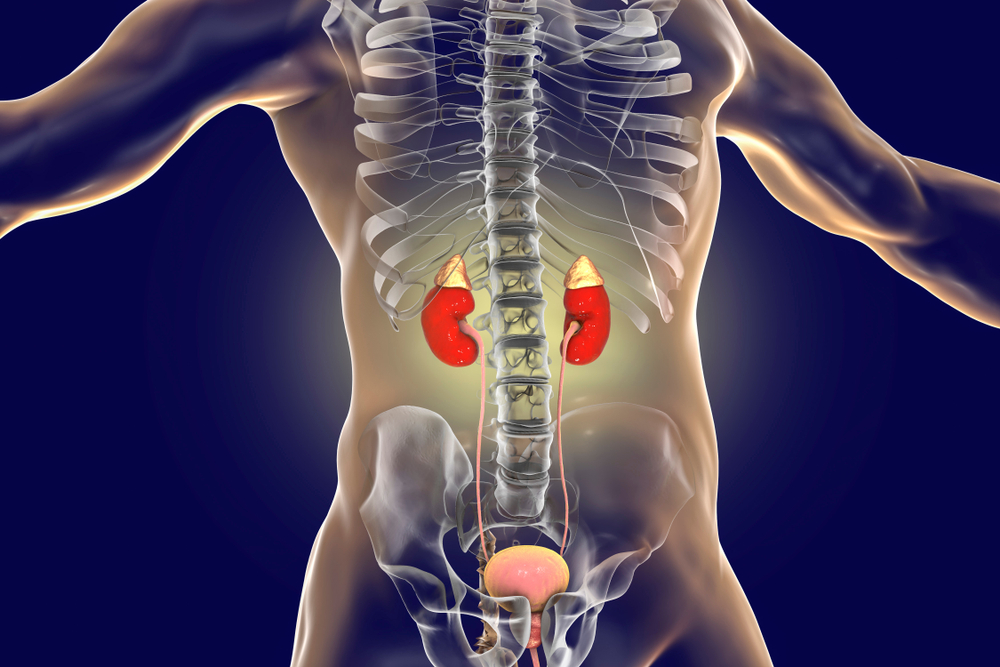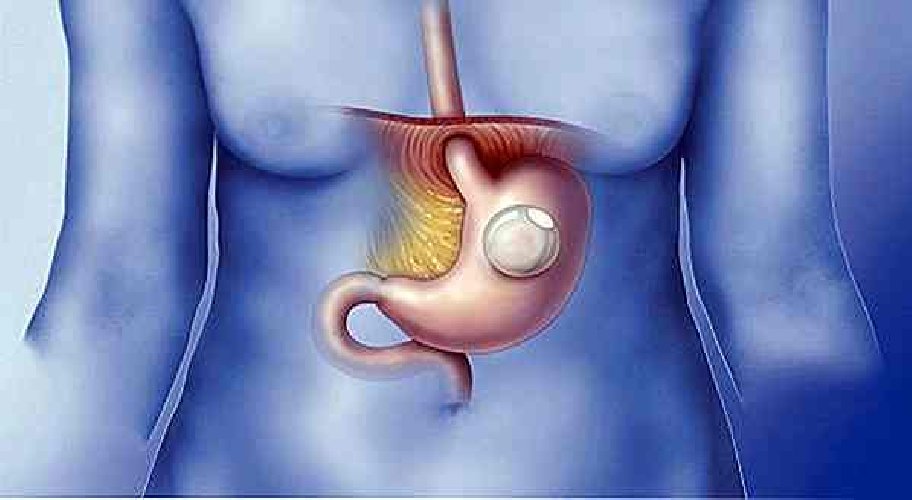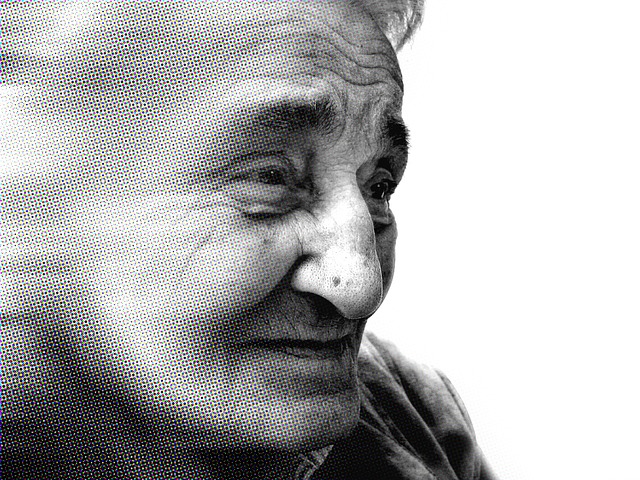Metabolic syndrome is not really a disease, but a complex condition defined by the simultaneous presence of known cardiovascular risk factors such as obesity (especially of the “central” type, i.e., at the level of the abdomen), dyslipidemia (in particular, low levels of “good” Hdl cholesterol and elevated triglycerides), alterations in blood glucose and blood pressure.
Those with characteristics that fall within the definition of metabolic syndrome should not be considered ill, but they are exposed to a high probability of developing chronic cardiometabolic diseases (type 2 diabetes, atherosclerosis, arteriopathy, coronary artery disease, renal disorders, etc.) and of encountering acute cardiovascular events: a probability that can be reduced only through serious lifestyle revision (in particular, healthy and balanced diet, regular physical activity, and abolition of smoking) and, if necessary, by resorting to drug therapies that can correct the altered metabolic parameters.
Mostly affected by metabolic syndrome are people older than 40-45 years of age. However, in recent years, due to the increasing prevalence of inadequate lifestyles and overweight, even in pediatric age, there has been an increase in cases of metabolic syndrome in adolescence and among young adults.



